Home>Garden Essentials>How Long To Soak Sunflower Seeds Before Planting
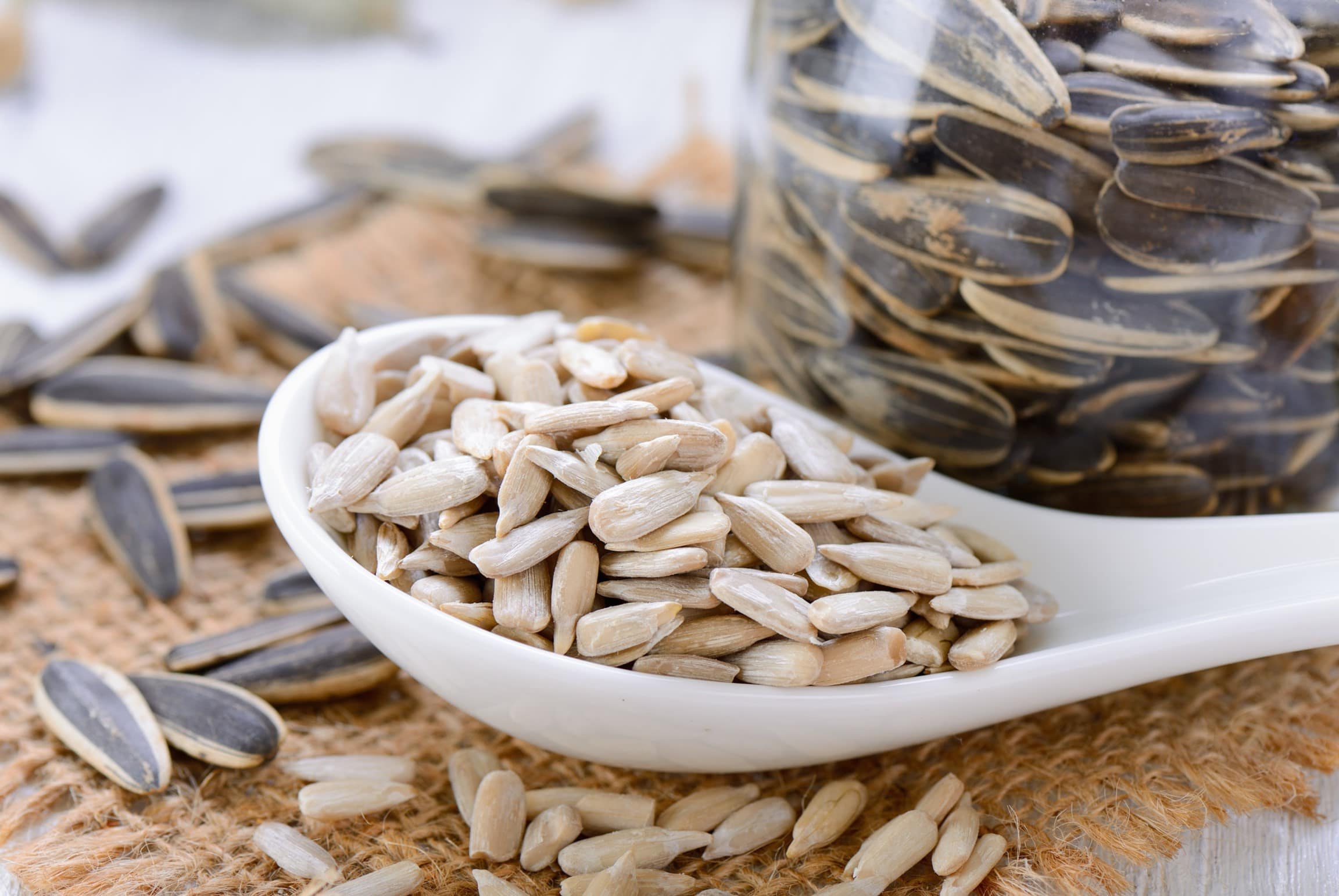

Garden Essentials
How Long To Soak Sunflower Seeds Before Planting
Modified: August 16, 2024
Discover the optimal soaking time for sunflower seeds in your garden before planting. Accelerate germination and ensure healthy growth.
(Many of the links in this article redirect to a specific reviewed product. Your purchase of these products through affiliate links helps to generate commission for Storables.com, at no extra cost. Learn more)
Introduction
Welcome to the fascinating world of gardening! If you’re a beginner or even an experienced gardener, you may have come across the technique of soaking sunflower seeds before planting. Soaking seeds can be a beneficial practice that can improve the germination rate and overall health of your sunflower plants.
Sunflowers are stunning, vibrant flowers that can bring beauty and joy to any garden. Not only are they visually appealing, but they also provide important benefits to the environment, attracting bees, birds, and other pollinators. Whether you’re growing sunflowers for their stunning blooms or planning to harvest their nutritious seeds, ensuring successful germination is essential.
In this article, we will explore the reasons why soaking sunflower seeds is beneficial, discuss how long you should soak them, and guide you through the process step by step. We’ll also highlight some common mistakes to avoid and explain the various benefits of seed soaking. By the end, you’ll have all the knowledge you need to successfully soak and plant your sunflower seeds.
Key Takeaways:
- Soaking sunflower seeds before planting can lead to faster germination, improved nutrient absorption, and protection against diseases, resulting in healthier and more vibrant sunflower plants.
- The optimal soaking time for sunflower seeds is 12 to 24 hours, depending on factors like seed size and freshness. Avoid common mistakes like over-soaking and using hot water to ensure successful germination.
Read more: How Long Do You Soak Seeds Before Planting
Why Soak Sunflower Seeds?
Soaking sunflower seeds before planting can offer several advantages that contribute to the overall success of your garden. Let’s dive into the reasons why soaking is a beneficial practice.
1. Faster Germination: Sunflower seeds have a hard outer shell that can slow down the germination process. By soaking the seeds, you essentially jumpstart the germination process by softening the outer shell and promoting quicker sprouting. This can significantly reduce the time it takes for your sunflower seeds to germinate and emerge from the soil.
2. Improved Germination Rate: Soaking sunflower seeds can increase the germination rate, which refers to the percentage of seeds that successfully sprout. The moisture from soaking activates the seed’s internal processes, triggering the growth hormones and enzymes needed for germination. As a result, more of your sunflower seeds are likely to germinate successfully, leading to a higher plant yield.
3. Enhanced Nutrient Absorption: Soaking sunflower seeds can improve the seed’s ability to absorb essential nutrients from the soil. The moisture from soaking activates enzymes in the seed, making it easier for it to extract nutrients from the soil and support healthy growth. This enhanced nutrient absorption can contribute to stronger and more vigorous sunflower plants.
4. Protection Against Diseases: Soaking sunflower seeds in water can help remove any pathogens or potential diseases that may be present on the seed’s surface. It also helps to wash away any chemical treatments that may have been applied to the seeds. By eliminating these potential threats, you can reduce the risk of diseases and increase the overall health of your sunflower plants.
5. Increased Seedling Vigor: Soaking sunflower seeds can lead to stronger and more robust seedlings. The added moisture helps kickstart the seed’s growth, leading to healthier and more vigorous young plants. These vigorous seedlings have a better chance of surviving adverse growing conditions and are more likely to produce bigger and more beautiful sunflowers.
In summary, soaking sunflower seeds before planting offers advantages such as faster germination, improved germination rate, enhanced nutrient absorption, protection against diseases, and increased seedling vigor. By investing a little extra time in soaking your seeds, you can set the stage for a successful sunflower garden.
How Long to Soak Sunflower Seeds?
The length of time you should soak sunflower seeds depends on several factors, including the size and condition of the seeds. While there is no one-size-fits-all answer, a general guideline is to soak sunflower seeds for 12 to 24 hours. This timeframe allows the seeds to absorb enough moisture to promote successful germination.
For smaller sunflower seeds, such as those from dwarf or smaller varieties, soaking for around 12 hours may be sufficient. Larger seeds, such as those from giant sunflower varieties, may benefit from being soaked for a longer duration, up to 24 hours.
It’s important to note that soaking for too long can actually do more harm than good. If seeds are left in water for an extended period, they may become waterlogged and lose their ability to germinate. This is why it’s crucial to strike the right balance and avoid over-soaking.
Additionally, the temperature of the water used for soaking can impact the soaking time. Using warm water can help speed up the process by further softening the seed coat. However, avoid using hot water, as it can damage the seeds.
It’s always a good idea to periodically check on the seeds during the soaking process. If you notice that the seeds have started to swell or crack, they are likely ready to be planted. If not, you can continue soaking them for a little longer until they reach the desired state.
Remember, these are general guidelines, and experimentation may be necessary to find the optimal soaking time for your specific sunflower seeds. Factors like seed freshness, storage conditions, and seed variety can all influence the soaking time.
Ultimately, the goal is to provide enough moisture for the seeds to soften and prepare for germination while avoiding over-soaking that can lead to waterlogging. By finding the right balance and paying attention to the condition of the seeds, you can ensure successful soaking and set the stage for healthy sunflower plants.
Factors Affecting Soaking Time
While the general guideline for soaking sunflower seeds is 12 to 24 hours, several factors can influence the actual soaking time required for optimal germination. Understanding these factors can help you make informed decisions about how long to soak your sunflower seeds.
1. Seed Size: The size of the sunflower seeds can impact the soaking time. Smaller seeds may require a shorter soaking duration, while larger seeds may need more time to fully absorb moisture and soften their outer shell.
2. Seed Freshness: The freshness of the sunflower seeds can affect their ability to absorb water. Fresher seeds tend to have a higher moisture content, which means they may require less soaking time compared to older seeds that have dried out slightly.
3. Seed Quality: The quality of the sunflower seeds can also play a role in the soaking time. High-quality seeds that have been properly stored are likely to have a higher germination rate and may require less soaking time to sprout.
4. Seed Coat Thickness: The thickness of the seed coat can vary among different sunflower varieties. Some seeds may have tougher outer shells that require longer soaking periods to soften and facilitate germination.
5. Environmental Conditions: The temperature and humidity of the environment where the seeds are being soaked can influence the soaking time. Seeds soaked in warmer temperatures tend to absorb moisture faster, while cooler temperatures may slow down the process.
6. Water Quality: The quality of the water used for soaking can also affect the soaking time. Ideally, it is best to use clean, filtered water to avoid any potential contaminants that could harm the seeds. Water with a high mineral content may affect the seed’s ability to absorb moisture, which may require a longer soaking time.
Considering these factors, it’s important to approach soaking sunflower seeds as a flexible process. Start with the general guideline of 12 to 24 hours, but be prepared to adjust the soaking time based on the specific characteristics of your seeds and the environmental conditions.
Regularly check the progress of the seeds during soaking to determine if they have softened and are ready for planting. Remember, the goal is to achieve a sufficient level of moisture without over-soaking the seeds, which can lead to waterlogging and hinder germination.
By taking these factors into account and being attentive to the condition of your sunflower seeds, you can determine the ideal soaking time for successful germination and ensure a healthy start for your sunflower plants.
Soak sunflower seeds in water for 24 hours before planting to help soften the seed coat and promote germination. This can improve the chances of successful seedling growth.
Step-by-Step Guide to Soaking Sunflower Seeds
Soaking sunflower seeds is a straightforward process that can greatly benefit the germination and growth of your sunflower plants. Follow this step-by-step guide to soak your sunflower seeds effectively:
- Select high-quality sunflower seeds: Choose sunflower seeds from a reputable source. Look for seeds that are plump, without any signs of damage or decay. Freshness is key to ensuring successful germination.
- Gather the necessary materials: You will need a clean container, such as a glass jar or a shallow dish, large enough to accommodate your sunflower seeds. Make sure the container has drainage holes or can be partially covered to allow air circulation.
- Measure the seeds: Determine the amount of seeds you want to soak, depending on the size of your garden or the number of sunflowers you wish to grow.
- Prepare the soaking solution: Fill the container with clean, room temperature water. The water should be enough to cover the sunflower seeds fully.
- Add the seeds to the container: Gently place the sunflower seeds into the water, ensuring they are fully submerged. Avoid overcrowding the seeds, as adequate water circulation is essential for successful soaking.
- Soak the seeds: Place the container in a location with a consistent temperature, preferably around 70°F (21°C). Allow the seeds to soak for 12 to 24 hours, depending on their size and condition. Keep an eye on the seeds during this time.
- Check for readiness: After the soaking period, check the seeds for any signs of swelling or cracking. If the seeds have softened and are showing signs of readiness for sprouting, they are ready to be planted. If not, you can continue soaking them for a little longer.
- Drain the seeds: Once the seeds are ready, carefully pour out the soaking water. Be cautious not to damage the seeds during this process. You can use a strainer or mesh screen to help with draining if needed.
- Plant the soaked seeds: Plant the soaked sunflower seeds in their designated planting location, following the recommended planting depth and spacing for your specific sunflower variety. Make sure to provide them with adequate sunlight, water, and soil conditions for optimal growth.
- Monitor and care for the seedlings: Regularly water and care for the sunflower seedlings as they grow. The soaking process should have provided them with a head start in germination, but they will still require appropriate care to thrive.
By following these steps, you can ensure that your sunflower seeds are properly soaked and ready for successful germination. Remember to adjust the soaking time based on the specific characteristics of your seeds, and enjoy the rewarding experience of watching your sunflowers grow and flourish.
Read more: How To Soak Seeds Before Planting
Common Mistakes to Avoid
Although soaking sunflower seeds is a beneficial practice, there are some common mistakes that you should avoid to ensure the best possible outcomes for your seeds. By being aware of these mistakes, you can set yourself up for successful germination and healthy sunflower plants. Here are some common mistakes to avoid:
- Over-soaking the seeds: Leaving the sunflower seeds in water for too long can lead to waterlogging and hinder germination. Follow the recommended soaking time of 12 to 24 hours and avoid excessive soaking.
- Using hot water: While warm water can help speed up the soaking process, using hot water can damage the seeds and reduce their viability. Stick to room temperature or slightly warm water for soaking.
- Skipping the soaking step: Some gardeners may overlook the soaking process altogether, especially if they have had success with direct planting in the past. Soaking sunflower seeds can significantly improve germination and overall plant health, so it’s important not to skip this step.
- Overcrowding the seeds: Proper water circulation is crucial during the soaking process. Avoid overcrowding the seeds in the container, as this can impede water movement and negatively impact germination.
- Using poor-quality seeds: Planting low-quality or old sunflower seeds can decrease germination rates and hinder overall plant growth. Always select high-quality seeds from a reputable source to maximize your chances of successful germination.
- Choosing the wrong container: Ensure that the container you choose for soaking has proper drainage or can be partially covered to allow air circulation. Lack of proper drainage can lead to waterlogged seeds and fungal diseases.
- Neglecting the soaking process: It’s important to monitor the soaking seeds to ensure they are progressing as expected. Check for signs of swelling or cracking and adjust the soaking time if necessary.
- Planting the seeds too deep: While soaking helps soften the seed coat, it’s still essential to plant the seeds at the appropriate depth. Planting them too deep can prevent them from reaching the surface and result in failed germination.
- Ignoring proper care after planting: Soaking is just the initial step in the germination process. It’s crucial to continue providing proper care, including adequate water, sunlight, and nutrients, to ensure the healthy growth of your sunflower plants.
By avoiding these common mistakes, you can greatly improve your chances of successful germination and enjoy vibrant, flourishing sunflower plants in your garden. Remember to give your seeds the attention and care they need throughout the entire growing process to maximize their potential.
Benefits of Soaking Sunflower Seeds
Soaking sunflower seeds before planting offers several benefits that can have a positive impact on the germination and growth of your sunflower plants. Let’s explore the advantages of this practice:
- Improved Germination Rate: Soaking sunflower seeds softens their outer shell, enabling them to absorb moisture more efficiently. This activation of the seed’s internal processes leads to a higher germination rate, meaning more seeds will sprout and successfully grow into healthy sunflower plants.
- Faster Germination: By hydrating the seeds before planting, you can kickstart the germination process. Soaking sunflower seeds helps to break down the dormant state, allowing the seeds to sprout more quickly. This means you’ll see green shoots emerging from the soil in a shorter period of time, giving you earlier blooms and larger harvests.
- Enhanced Nutrient Absorption: Soaking sunflower seeds activates enzymes within the seed, making it easier for them to absorb essential nutrients from the soil. This enhanced nutrient absorption contributes to the overall health and vitality of your sunflower plants. It helps them grow stronger stems, larger leaves, and develop vibrant flowers.
- Protection Against Diseases: Soaking sunflower seeds in water can help remove any pathogens or potential diseases present on the seed’s surface. It also washes away any chemical treatments applied to the seeds. By eliminating these threats, you reduce the risk of diseases and ensure the overall health of your sunflower plants, increasing their chances of survival and productivity.
- Increased Seedling Vigor: Soaking sunflower seeds promotes faster and more vigorous seedling growth. The moisture activates the seed’s growth hormones and enzymes, encouraging robust and healthy seedlings. These vigorous seedlings have a better chance of withstanding challenging growing conditions, such as adverse weather or pests, and are more likely to produce larger and more impressive sunflowers.
- Easier Planting: Soaking sunflower seeds softens the seed coat, making it easier to handle and plant them. The softened seeds are less likely to get damaged during planting, ensuring better germination rates. This advantage is especially useful when dealing with larger sunflower seeds, which can have tough outer shells.
- Economical and Sustainable: Soaking sunflower seeds is a cost-effective and sustainable method for enhancing your garden. By increasing the germination rate and growth of your sunflower plants, you can maximize your garden’s potential without the need for additional expensive inputs or chemicals.
By taking advantage of the benefits of soaking sunflower seeds, you can improve the success and productivity of your sunflower garden. From higher germination rates and faster growth to increased nutrient absorption and disease resistance, soaking seeds is a simple yet effective technique that can enhance the overall health and beauty of your sunflower plants.
Conclusion
Soaking sunflower seeds before planting is a simple yet effective technique that can greatly enhance the success and productivity of your sunflower garden. By softening the outer shell and activating the seed’s internal processes, soaking allows for faster germination, improved germination rates, and increased nutrient absorption. It also provides protection against diseases and promotes stronger and more vigorous seedlings.
Remember to consider factors such as seed size, seed freshness, and environmental conditions when determining the optimal soaking time for your sunflower seeds. Avoid common mistakes, such as over-soaking, using hot water, and neglecting the soaking process. By following a step-by-step guide and providing proper care after planting, you can maximize the potential of your sunflower seeds and enjoy vibrant and beautiful sunflowers in your garden.
The benefits of soaking sunflower seeds extend beyond the initial stages of germination. By investing a little extra time and effort in the soaking process, you set the stage for healthier plant growth, bigger blooms, and larger seed harvests. Furthermore, soaking seeds is an economical and sustainable approach to gardening, ensuring a thriving garden without the need for expensive inputs or chemicals.
So, if you’re ready to embark on your sunflower-growing journey, don’t forget to give your seeds a head start by soaking them. With the right care and attention, you’ll be rewarded with a garden filled with magnificent sunflowers, buzzing with pollinators, and providing beauty and joy for you and your loved ones to enjoy.
Curious about more than just prepping sunflower seeds? Whether you're aiming to beautify your outdoor space or speed up plant growth, these reads are just what you need. For innovative and eye-catching ways to frame your green space, delve into our article on the best garden fence ideas to try. If you're battling harsh sunlight, our simple design and planting tips for garden shade will offer effective solutions to keep your plants thriving. And for those eager to see new life sprout, understanding how long seeds take to germinate is essential. Dive into these articles and transform your garden into a haven of growth and beauty.
Frequently Asked Questions about How Long To Soak Sunflower Seeds Before Planting
Was this page helpful?
At Storables.com, we guarantee accurate and reliable information. Our content, validated by Expert Board Contributors, is crafted following stringent Editorial Policies. We're committed to providing you with well-researched, expert-backed insights for all your informational needs.
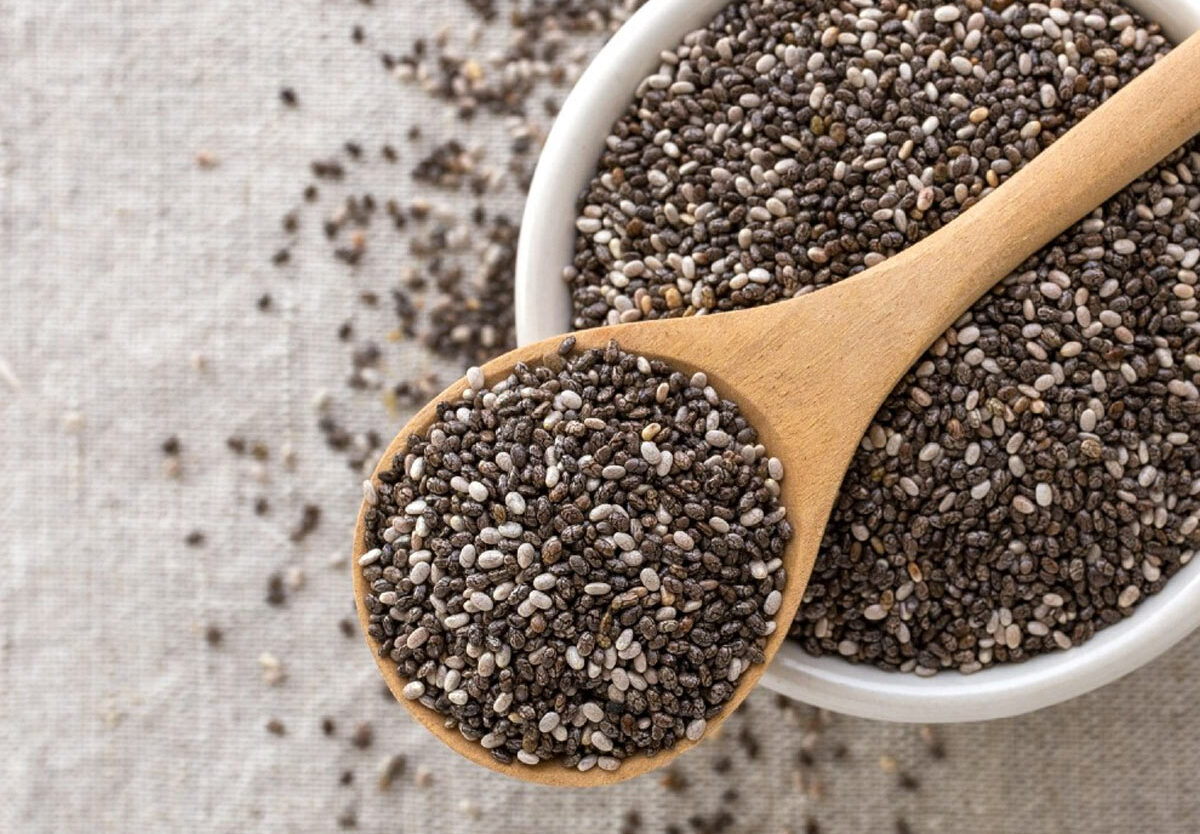
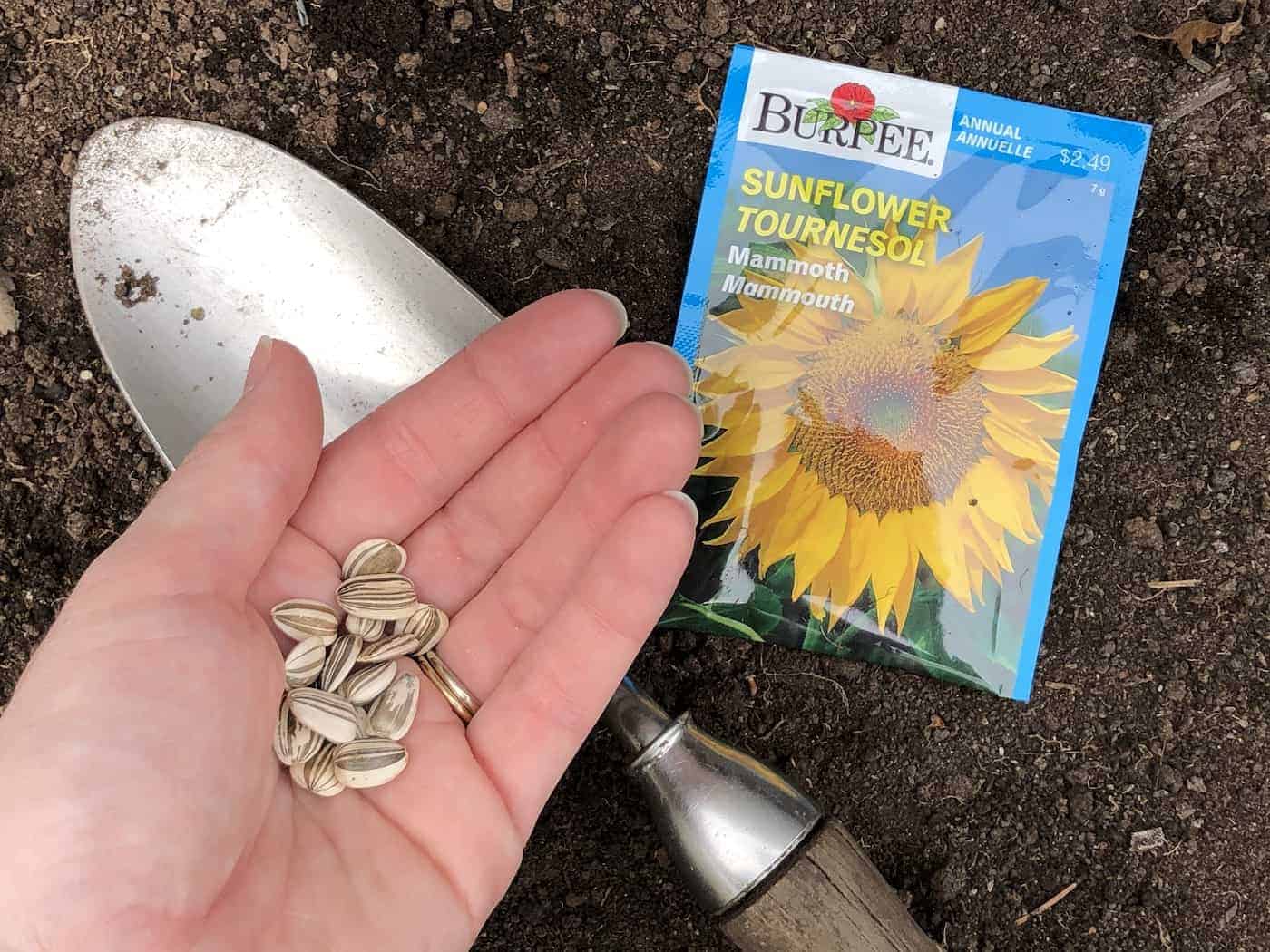
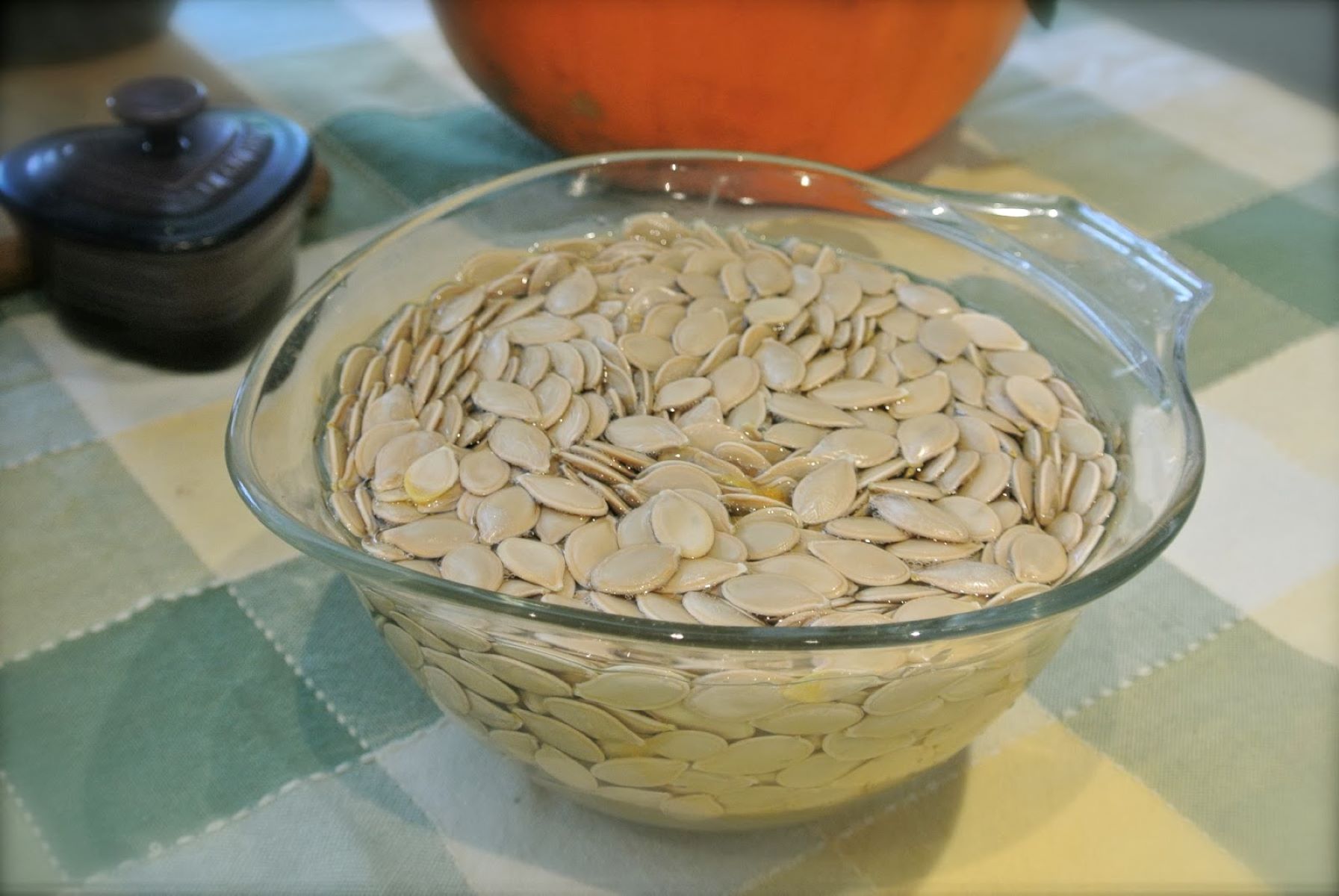
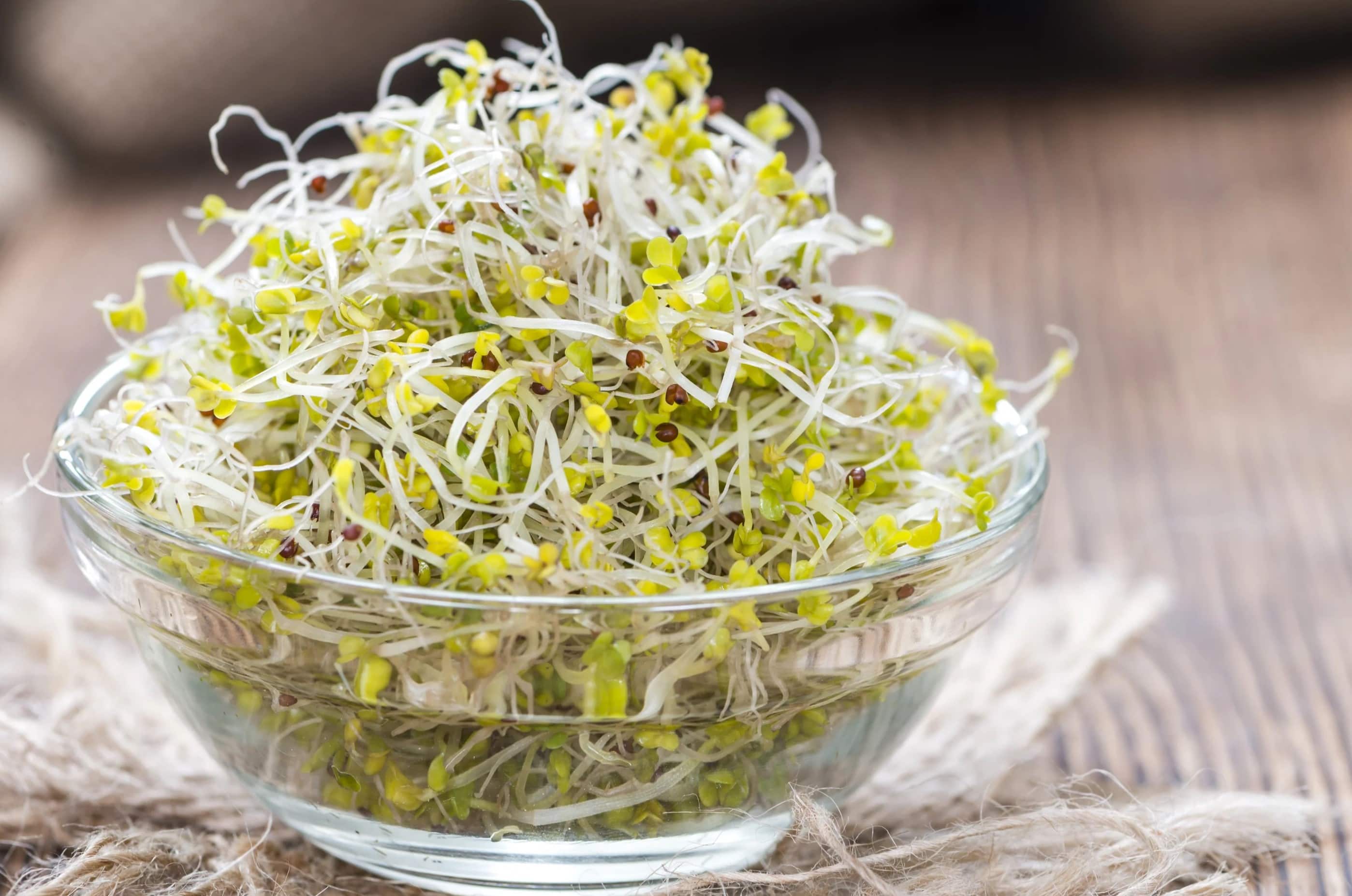
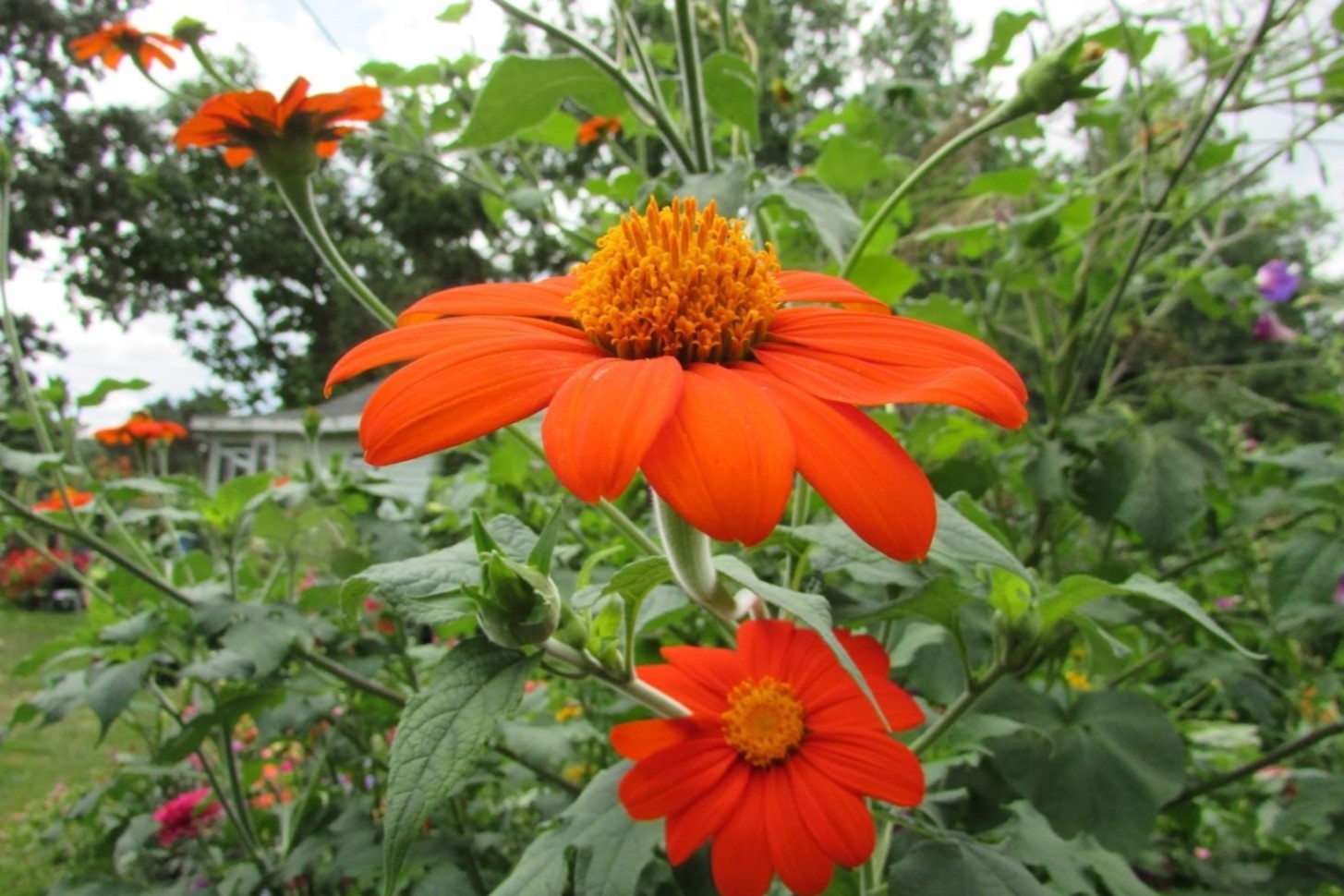
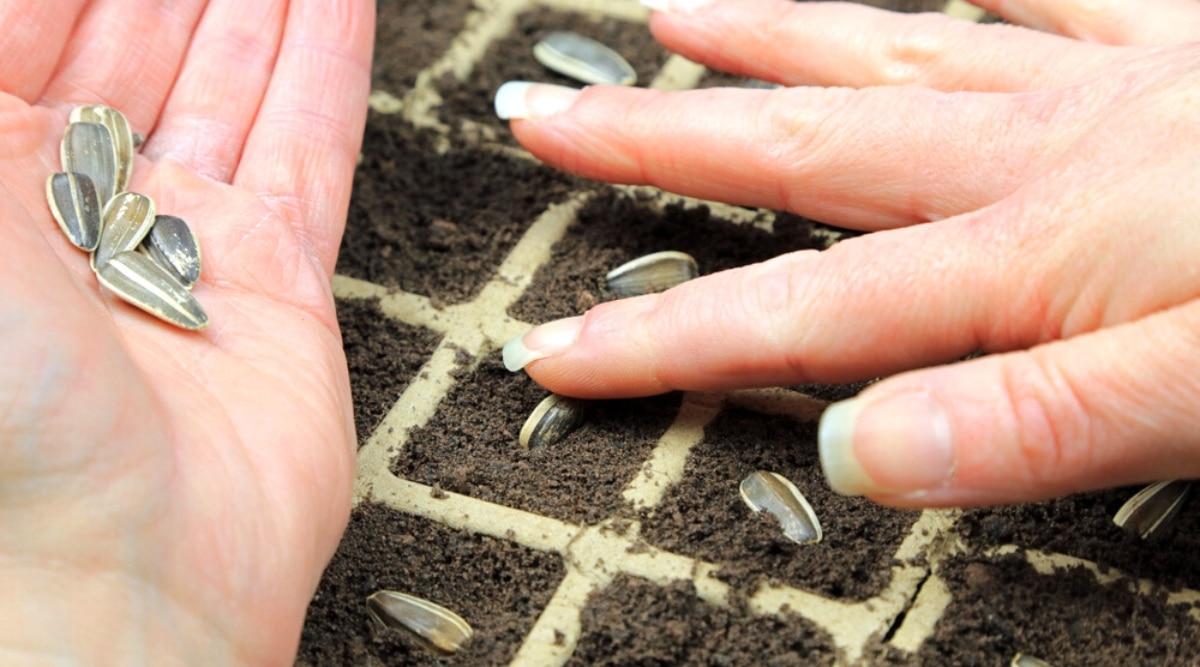
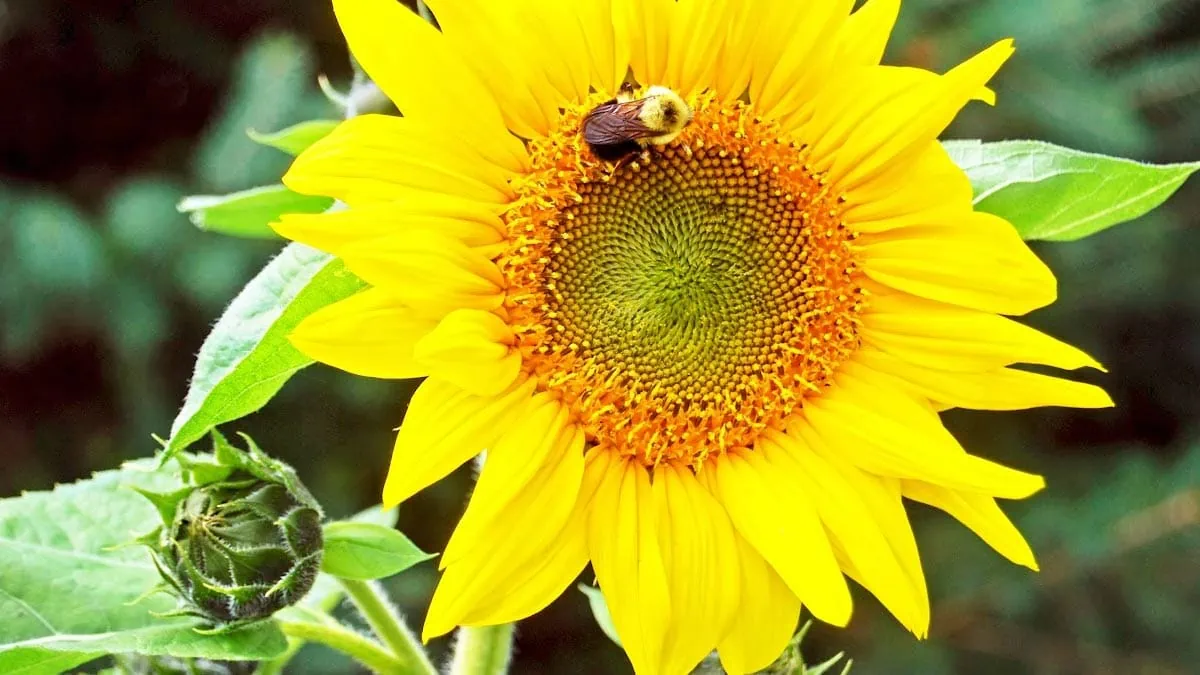
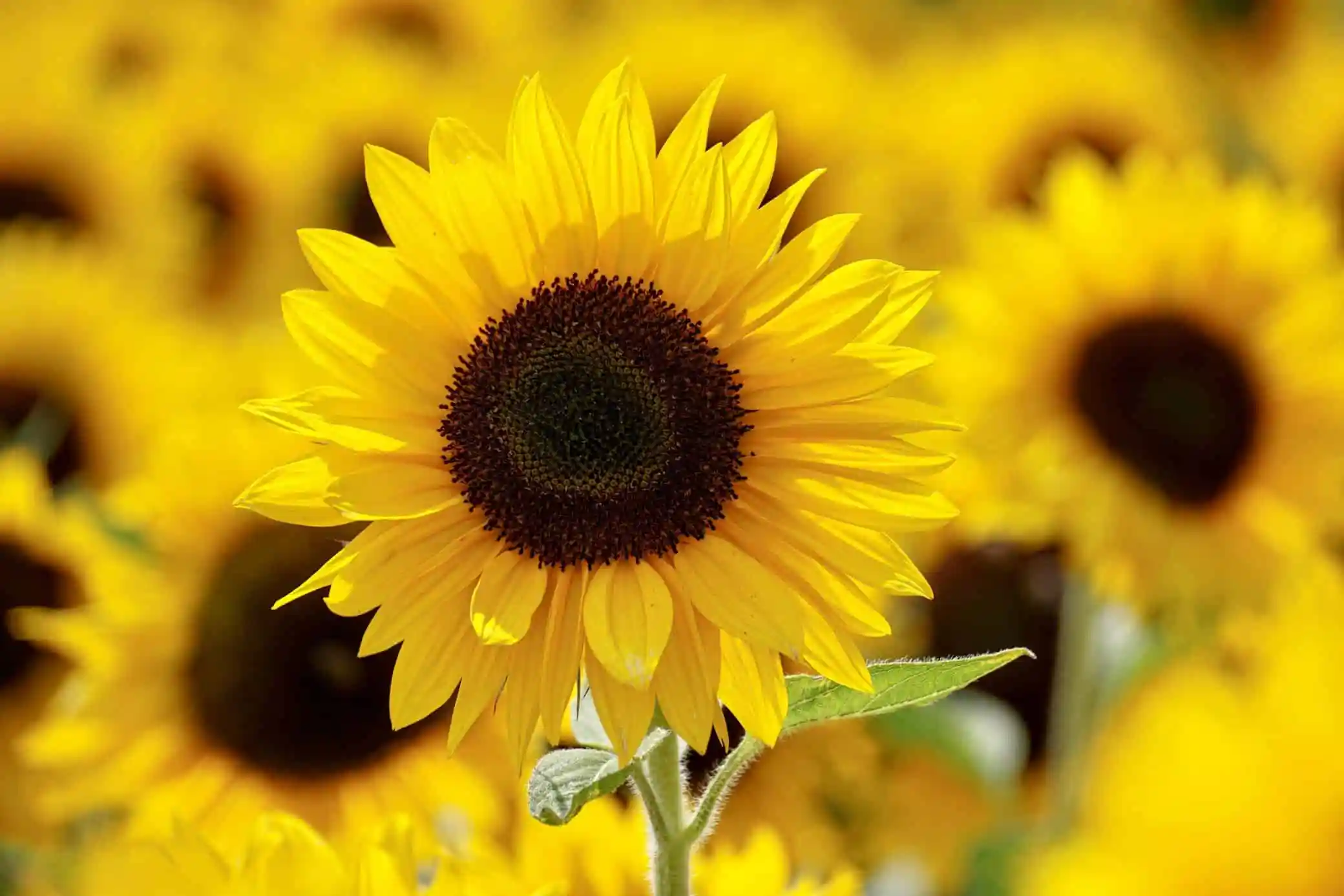
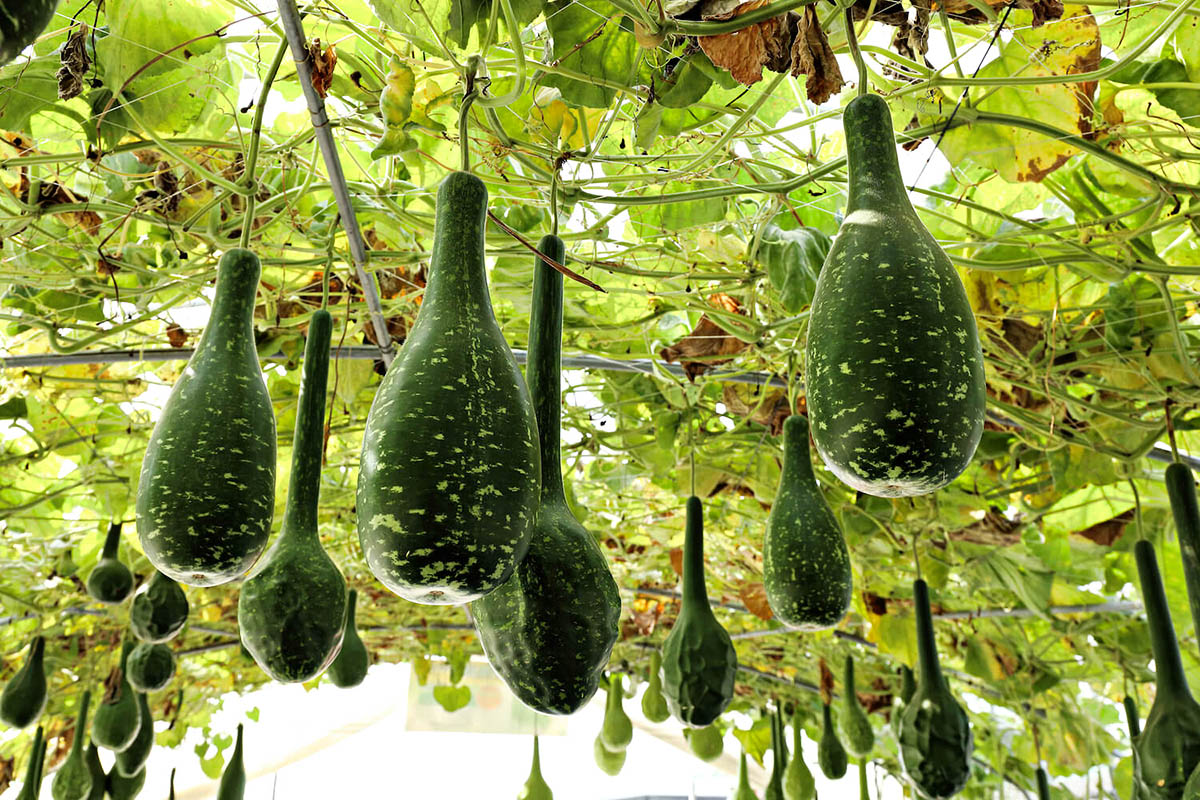
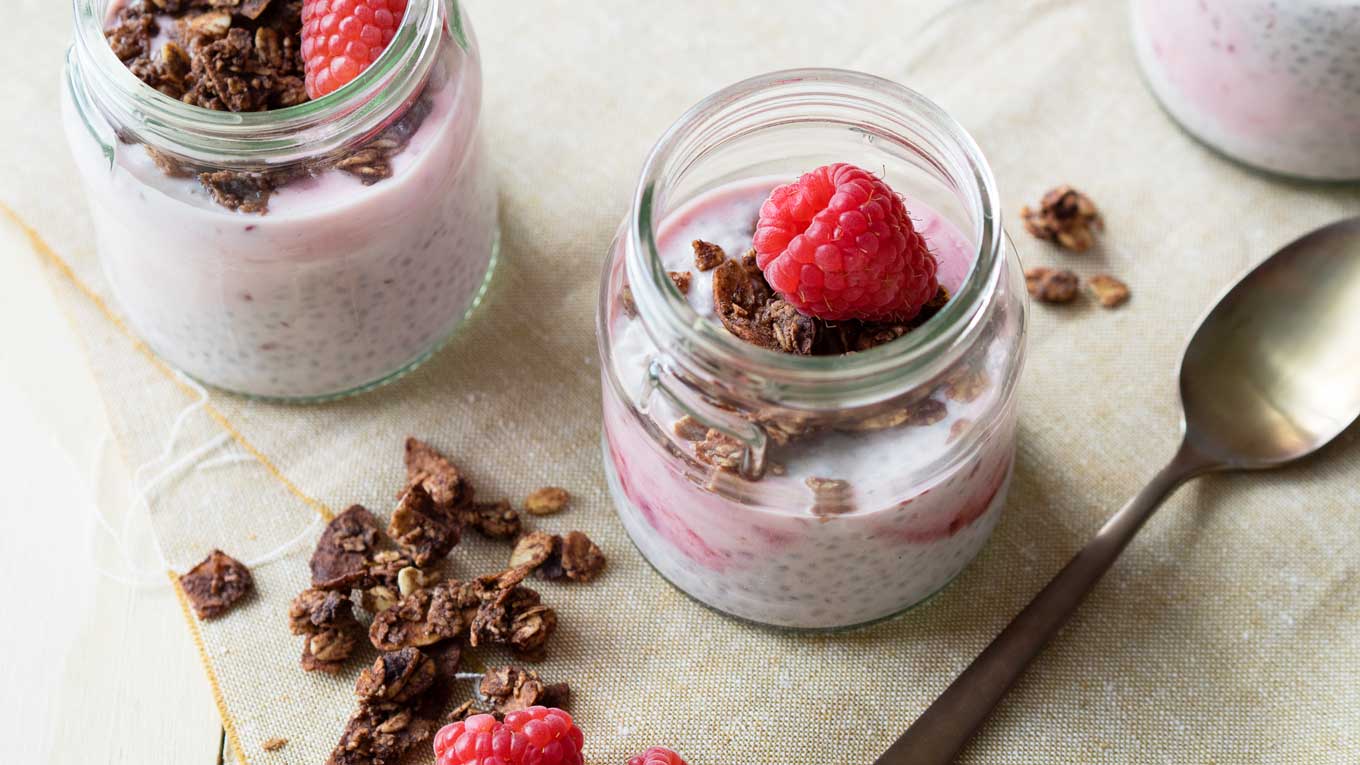
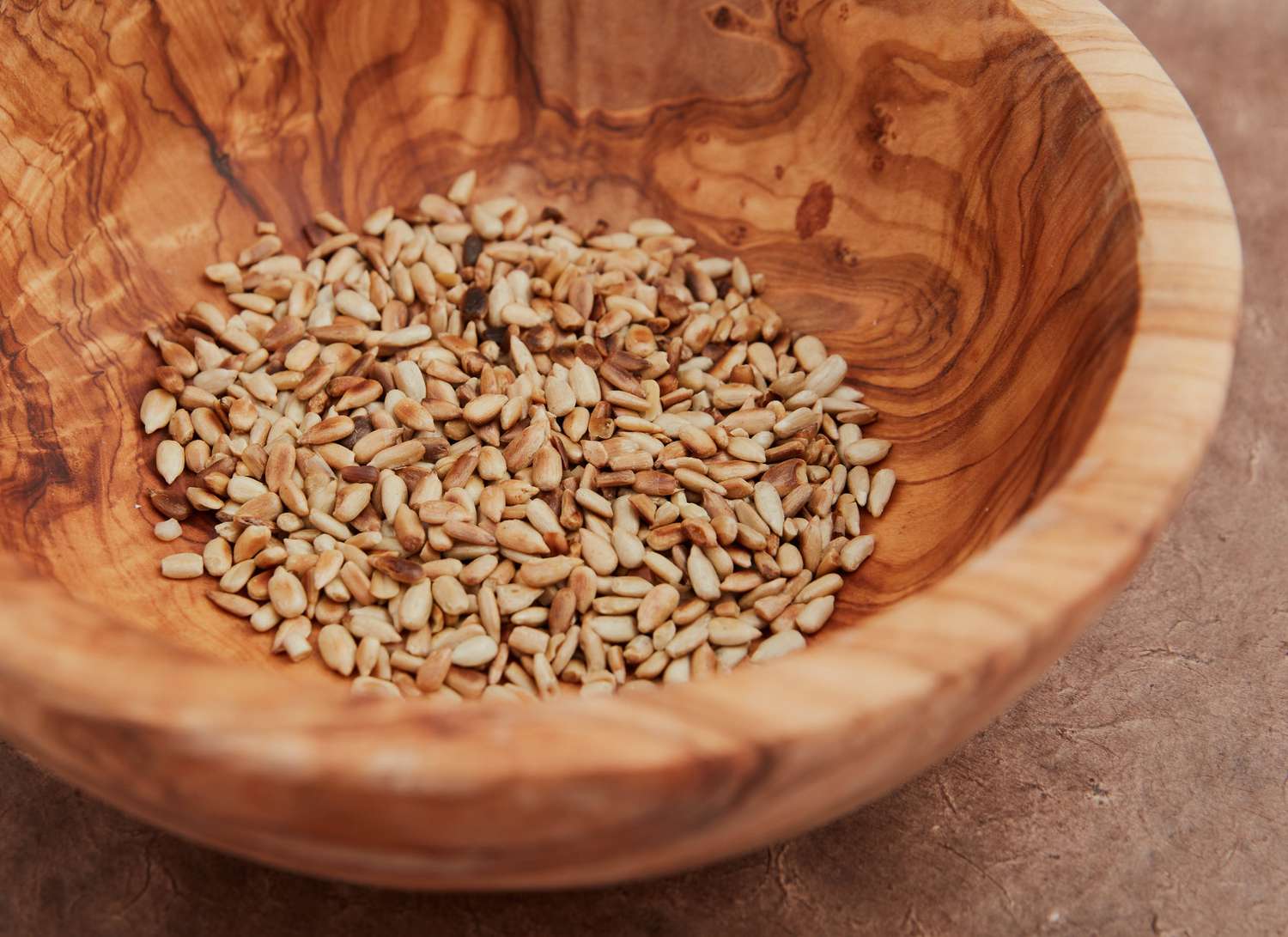
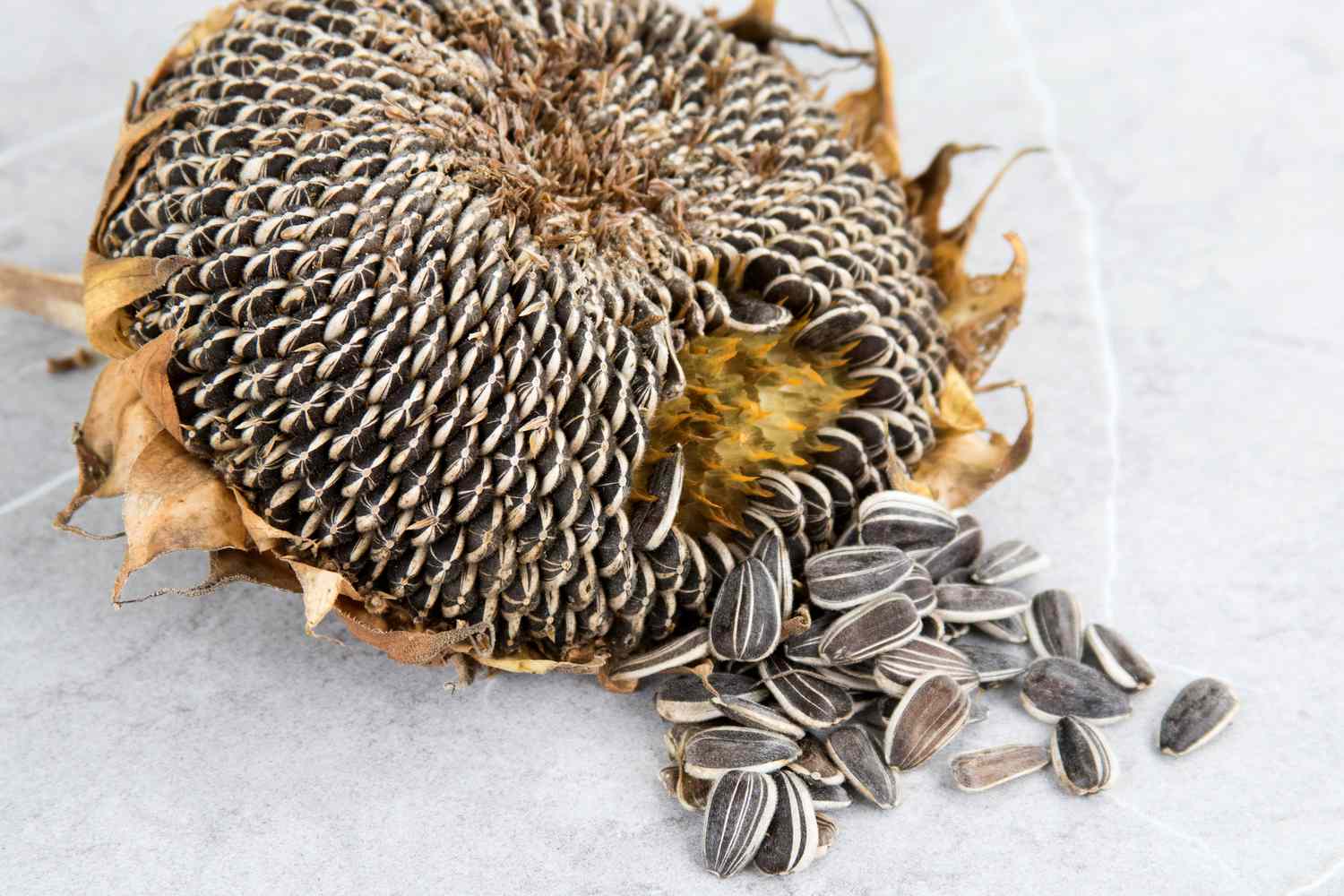
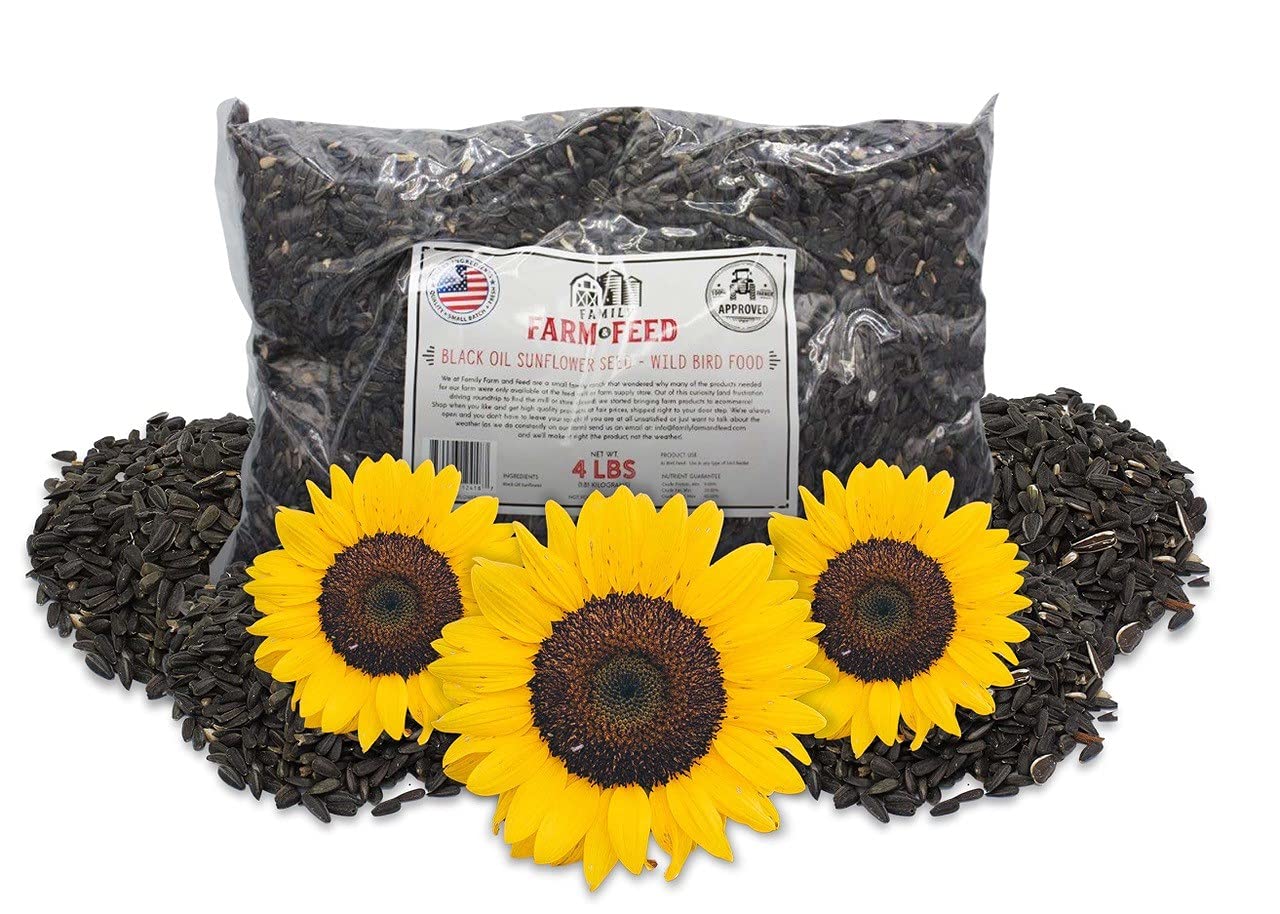
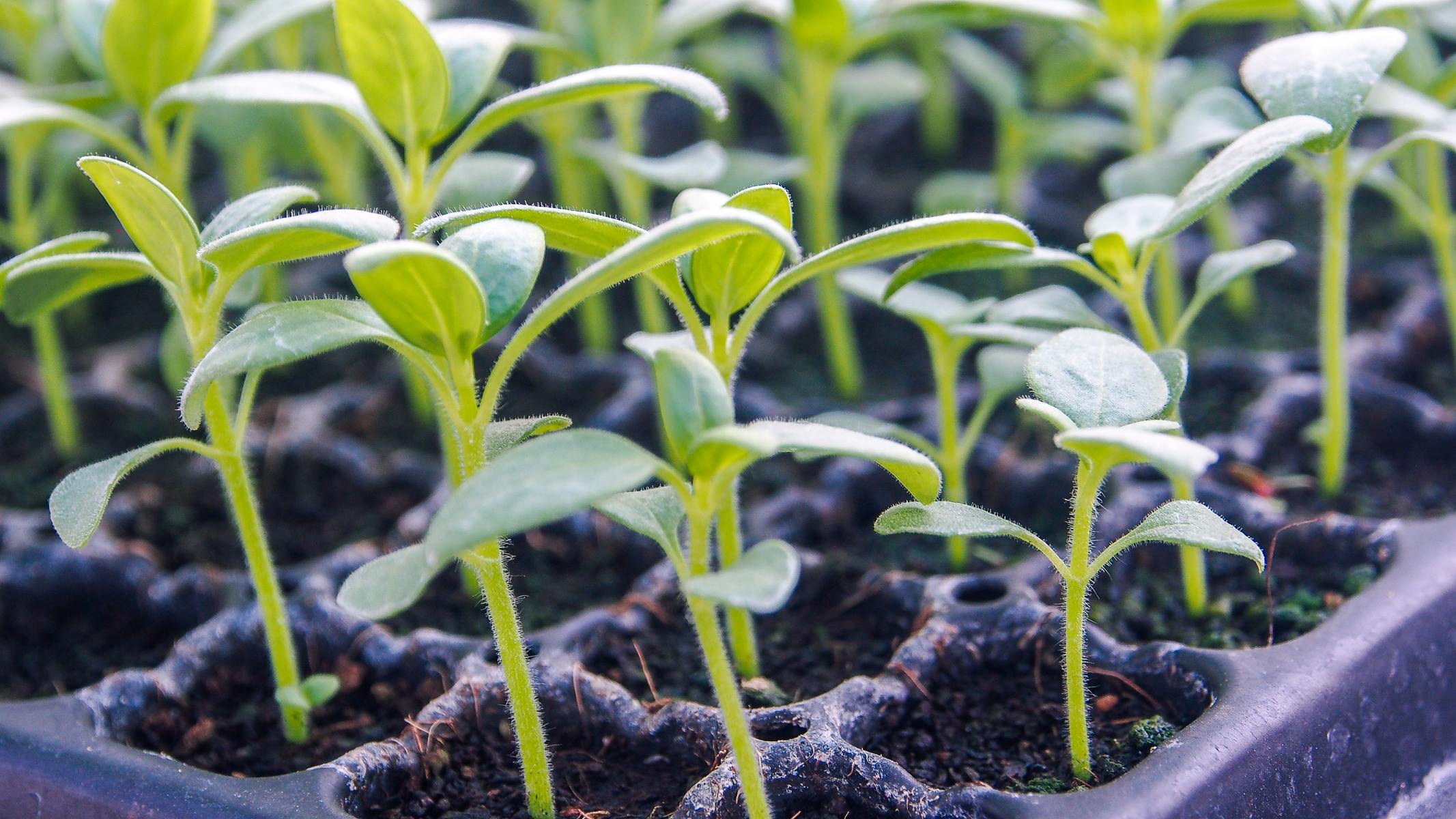

0 thoughts on “How Long To Soak Sunflower Seeds Before Planting”